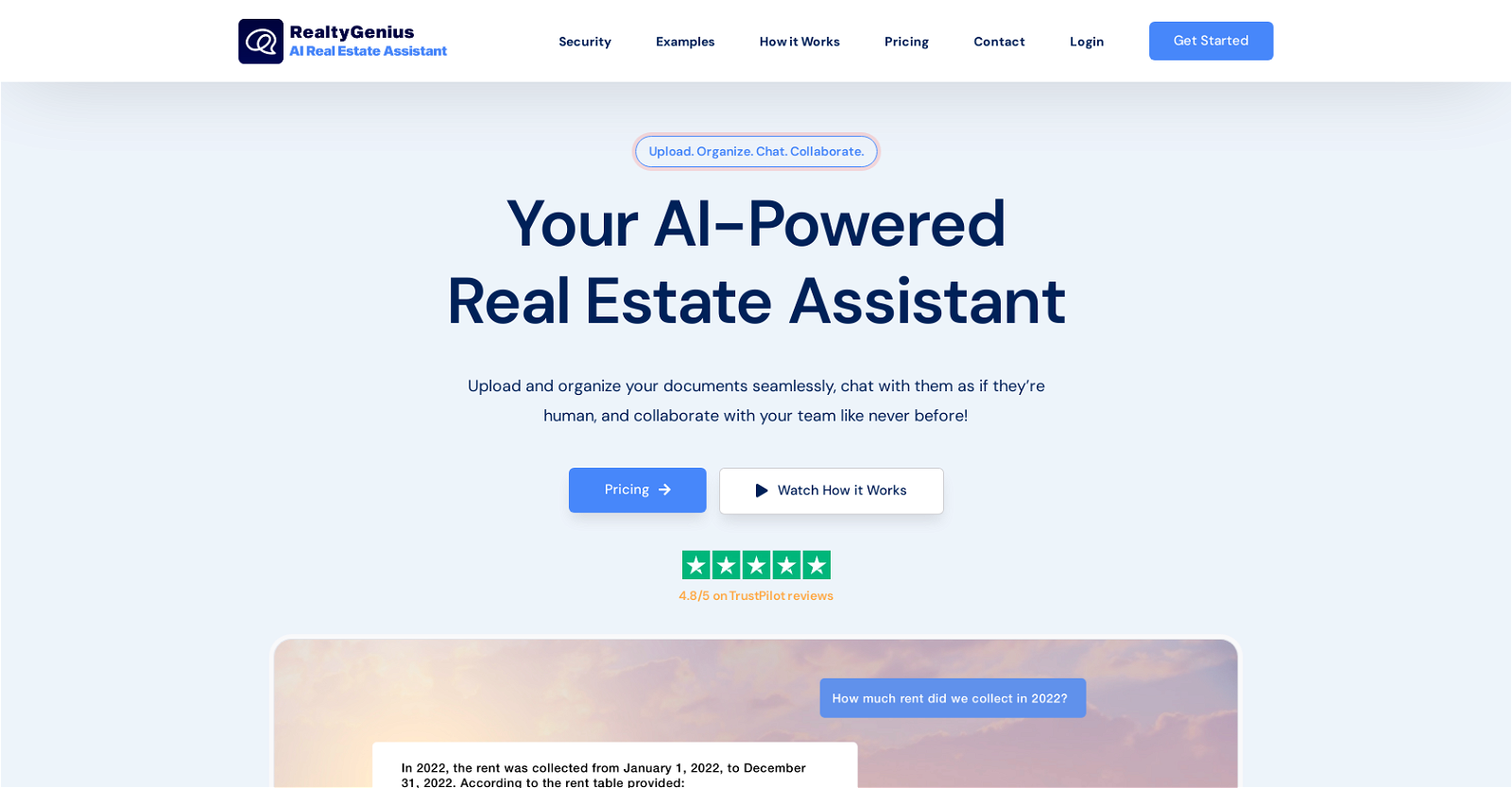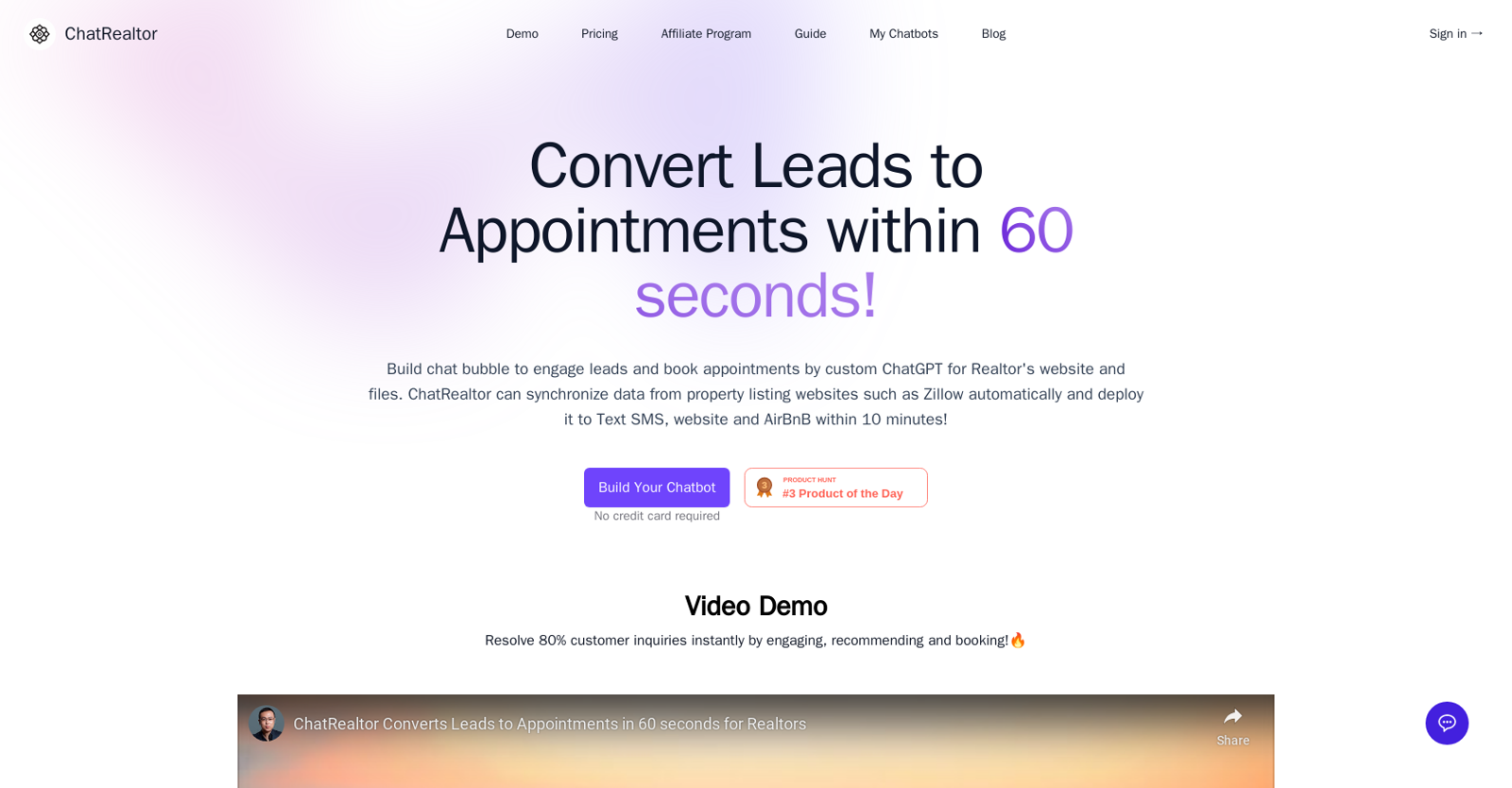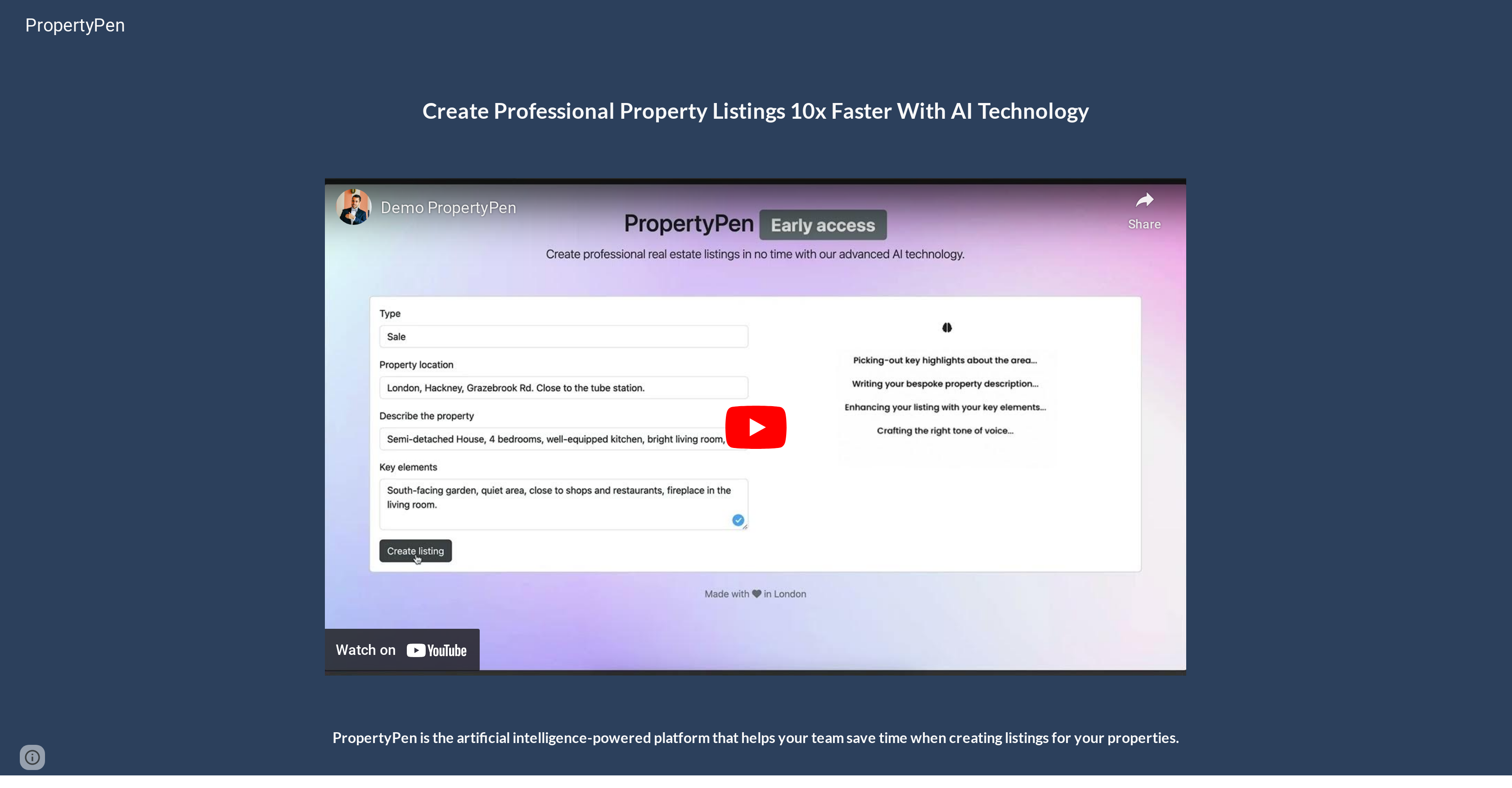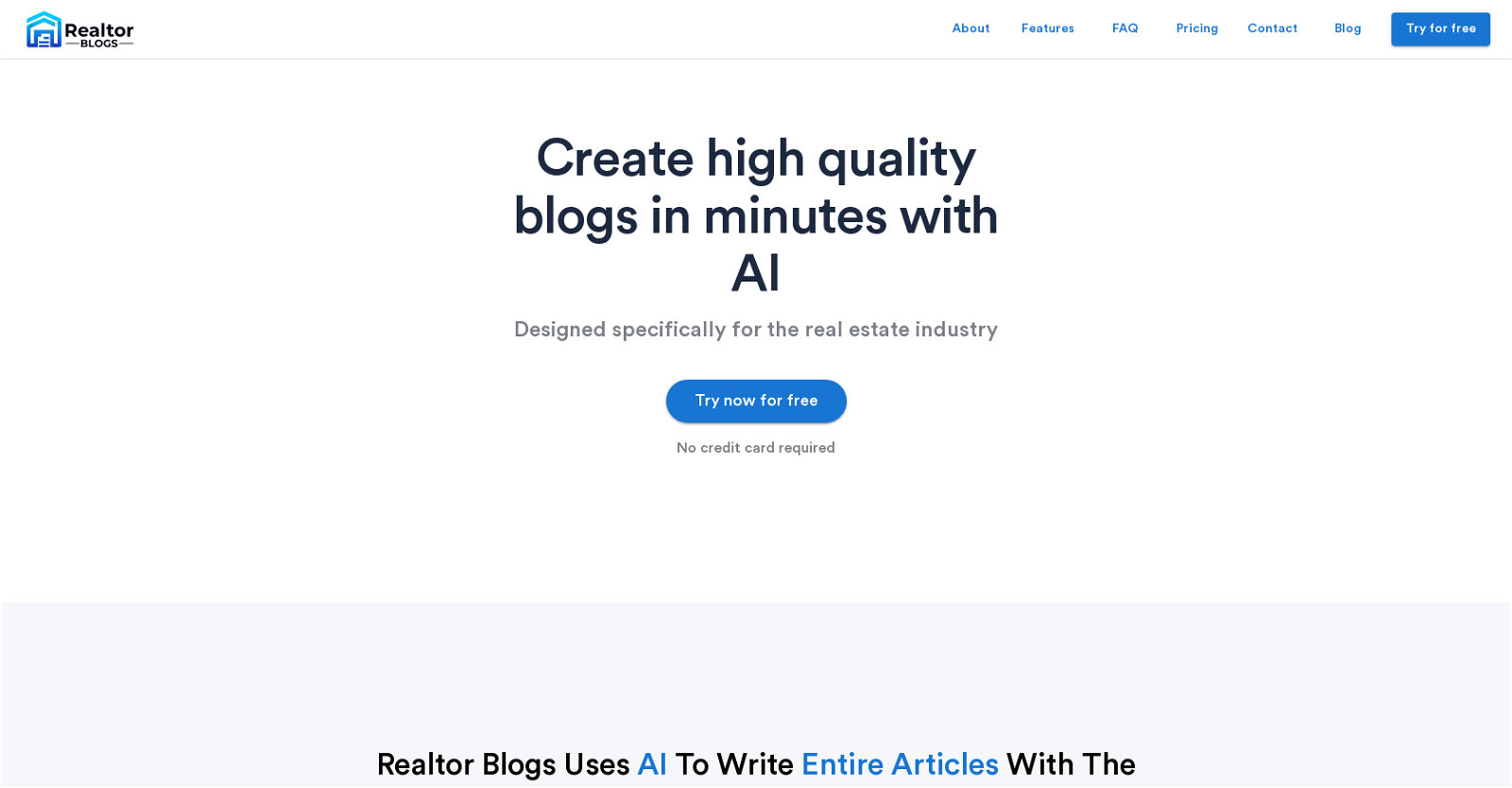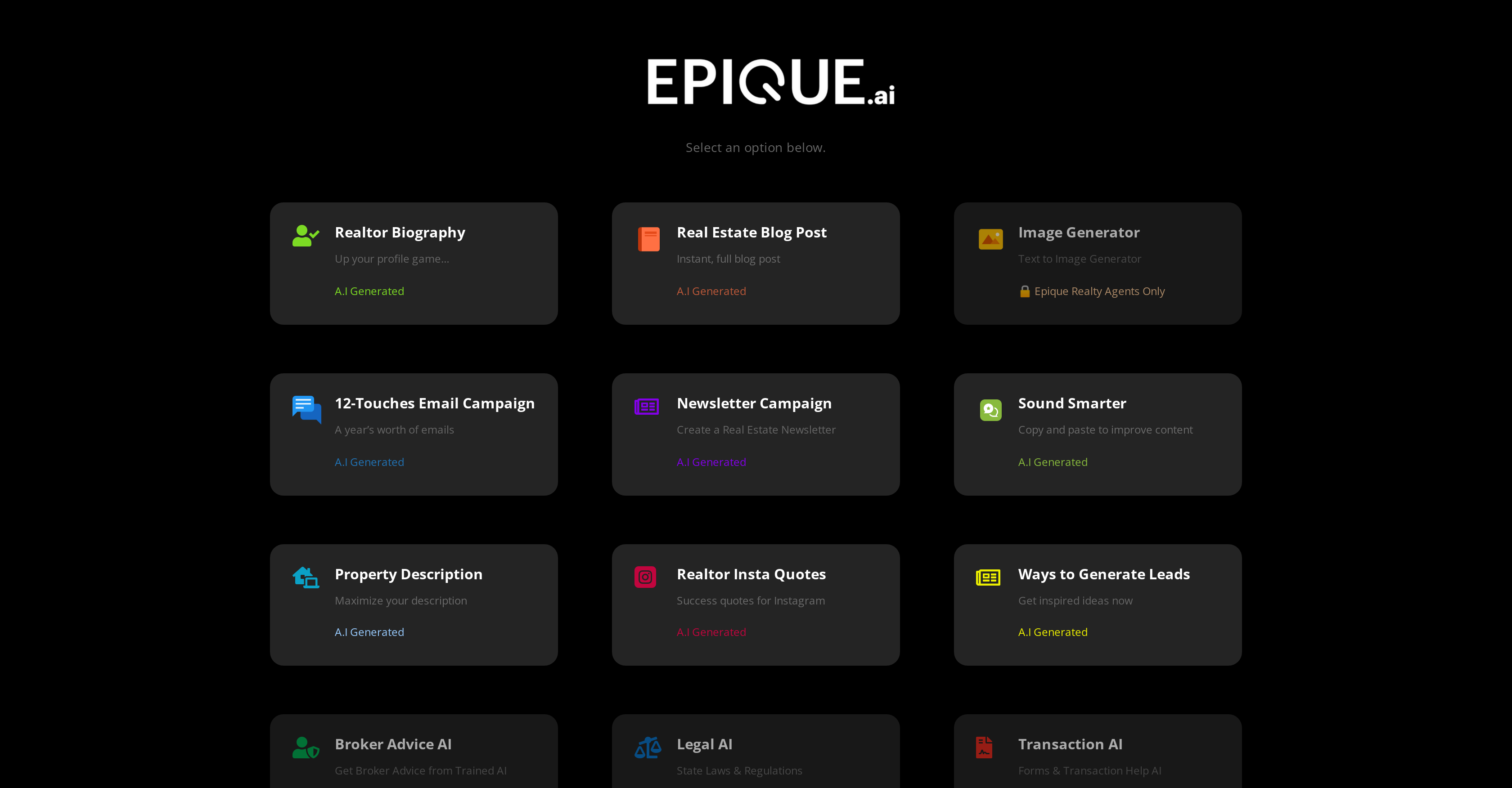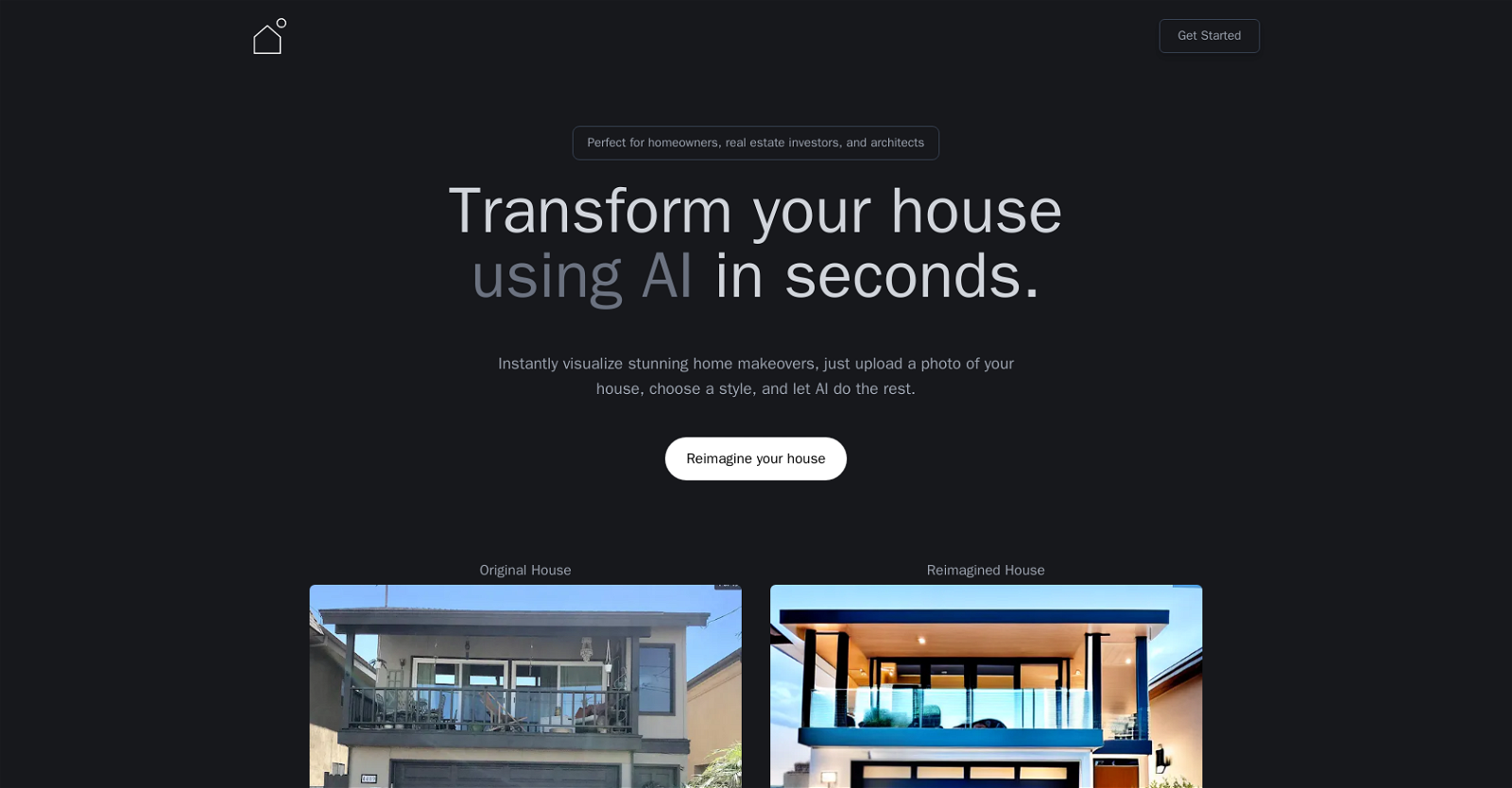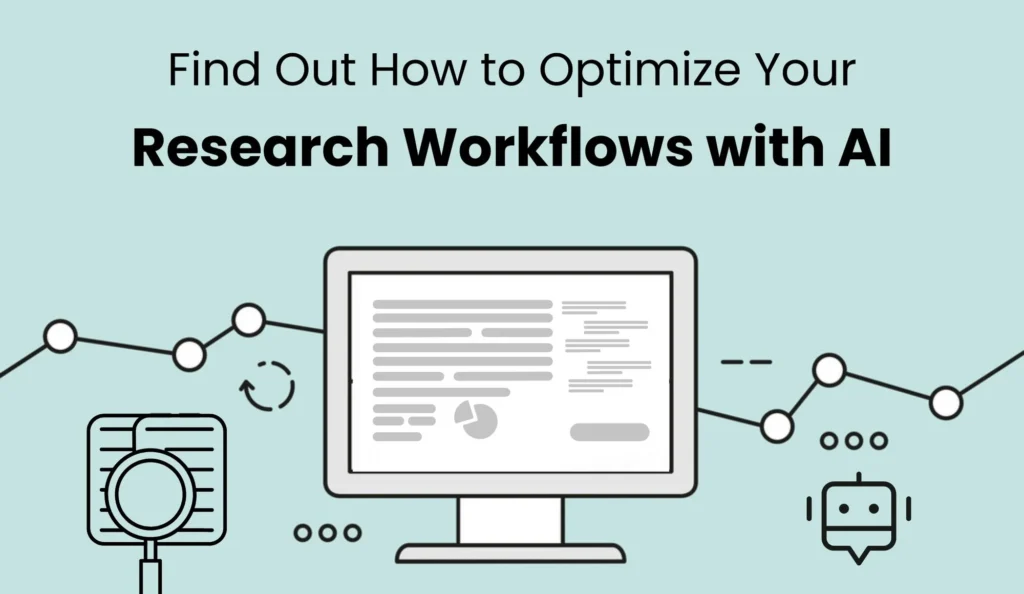REAL ESTATE AI TOOLS
In today’s fast-paced world, searching for properties, analyzing market trends, and making informed real estate decisions can be daunting.
Whether you’re a buyer hunting for the perfect home, a seller trying to reach the right audience, or an investor looking for the next big opportunity, the real estate process can feel overwhelming and inefficient.
Hours of research, multiple property viewings, manual calculations, and uncertainty about market conditions all contribute to the complexity of the industry.
The traditional real estate process is slow, resource-heavy, and often filled with guesswork. Buyers can spend days or weeks searching through listings that don’t match their needs.
Sellers can struggle to connect with the right buyers, leading to long listing times.
For investors, staying ahead of market trends and predicting property values accurately can be nearly impossible without the right data.
Without AI, real estate transactions often feel like a game of chance.
- Time-Consuming Research: Buyers and sellers spend endless hours manually filtering through properties, contacting agents, and viewing listings that don’t fit their needs.
- Lack of Market Insights: Predicting the future value of a property is difficult. Buyers and investors can’t always access the data to make informed decisions about trends, risks, and opportunities.
- Inefficient Processes: Real estate professionals are buried in paperwork, contract management, and answering repetitive client queries, slowing down the overall transaction process.
- Missing Out on Opportunities: Without access to real-time data and predictive insights, it’s easy to miss out on the best deals or overlook market changes until it’s too late.
But all of that is changing. AI tools in real estate are here to fix these problems and more, making the entire process faster, smarter, and more efficient.
Table of Contents

Explore 28 Top Real Estate AI Tools
Centropo
RealtyGenius
ChatRealtor
Sketch2Render
PropertyPen
Leadflow
Realtor Blogs
Epique AI
Listingcopy
Doors
CREaiD
What Are Real Estate AI Tools?
Imagine finding the perfect property deals, connecting with buyers or sellers, and analysing market trends, all from the comfort of your home. Sounds like a dream, right? It’s no longer a dream, thanks to Real Estate AI tools. These artificial intelligence-powered tools have revolutionized the real estate industry, simplifying tasks that once took hours or even days to complete.
AI tools in real estate use data and machine learning to help professionals, buyers, and sellers make quicker, more informed decisions. Whether searching for properties, predicting market trends, or handling routine tasks, AI tools provide a faster, more accurate, and more efficient approach to real estate.
Key Features That Make These Tools Unique
Real estate involves the buying, selling, and leasing properties like land, buildings, or homes. Now, with the help of AI tools, these tasks have become more streamlined and precise. Here’s how:
- Property Search Customization: AI tools help buyers find properties that match specific criteria, such as location, price, size, and amenities. This saves time and ensures buyers get the right options.
- Augmented Reality (AR) Integration: With AR, buyers can virtually explore properties, which helps them make quicker decisions without physically visiting every property.
- Market Analysis: AI tools analyze market data to predict future property values, offering insights into potential risks and rewards.
- Automated Query Handling: AI tools reduce the manual workload by automating repetitive tasks like answering queries, freeing up time for more valuable tasks.
The Rise of AI in Real Estate
The shift towards digitalization is evident in every sector, and real estate is no exception. As the demand for faster, more accurate solutions grows, AI tools have stepped in to meet those needs. These tools speed up the property buying and selling process and allow real estate professionals to make data-driven decisions that enhance their decision-making abilities. Integrating AI into the real estate process has made transactions smoother and more efficient.
Factors Driving the Adoption of AI in Real Estate
Several factors are pushing the adoption of AI tools in the real estate sector:
- Data-Driven Insights: AI tools can analyze large volumes of data, providing valuable insights into market trends, property values, and risks. This makes decision-making easier for real estate professionals.
- Personalized Property Suggestions: Buyers are presented with properties that align with their specific needs, reducing time spent browsing irrelevant options.
- Virtual Tours Using AR: Augmented Reality allows buyers to take virtual tours of properties, offering a better understanding of the space without leaving home.
- Automation of Transactions: From contract signing to legal procedures, AI tools streamline the entire process, reducing errors and saving time.
How Do Real Estate AI Tools Work?
To fully understand how AI tools function in real estate, let’s break down the process:
- Property Matching: AI tools start by finding properties that match a buyer’s criteria, such as location, price range, and size. This makes the initial search phase much faster.
- Market Analysis: Once potential properties are identified, AI tools analyze the market trends, comparing the property value against current and historical data. This helps determine whether the property is a good investment.
- Virtual Tours: AI tools then provide a virtual tour of the property, enabling the buyer to explore it in detail from their home.
- Up-to-date Information: These tools ensure users get the latest information regarding property prices, investment opportunities, and market shifts.
- Automated Contracts and Paperwork: AI tools can handle the paperwork once a property is chosen, automating tasks like contract creation and signatures.
Top Real Estate AI Tools in the World
Here are three of the best AI tools that are transforming the real estate industry:
- Zillow Zestimate: This tool helps users estimate the market value of a property based on factors like location, size, and market conditions. It’s a valuable resource for buyers and sellers looking to understand a property’s fair value.
- Reonomy: Reonomy uses AI to analyze commercial real estate properties and identify potential investment opportunities. It looks at market trends, property history, and risk assessments to offer users well-rounded suggestions.
- Redfin: Redfin’s AI tool simplifies buying or selling a home. It provides accurate property values, automates research, and handles paperwork, making the real estate experience less stressful for everyone involved.
Benefits of Using Real Estate AI Tools
Real estate AI tools offer numerous benefits, especially in a fast-paced digital world. Here’s how they help:
- Time Savings: By automating tasks like property search, market analysis, and trend forecasting, AI tools save users valuable time.
- Better Decision Making: AI tools assess market trends, risks, and property values, helping users make informed decisions.
- 24/7 Customer Support: Many AI tools offer around-the-clock customer service to answer questions and resolve issues instantly.
- Streamlined Transactions: These tools automate legal procedures, including contract signing and document verification, simplifying the transaction process.
- Virtual Property Experience: Virtual tours give buyers a realistic view of properties, helping them make quicker decisions without physical visits.
Limitations and Considerations of Real Estate AI Tools
While AI tools offer many advantages, they are not without their limitations. Here are a few drawbacks to consider:
- Lack of Market Understanding: AI tools provide data-driven suggestions but lack the human touch needed to understand nuanced market factors. Emotional factors, negotiations, and market intuition still require human involvement.
- Privacy Concerns: AI tools often require access to personal data, raising privacy concerns, especially regarding sensitive information.
- High Subscription Costs: For smaller businesses and independent agents, the subscription fees for using advanced AI tools can be expensive.
- Reduced Human Interaction: Over-reliance on AI tools may reduce face-to-face interaction, which is essential in building client trust and closing deals.
Best Practices for Using Real Estate AI Tools
To make the most of AI tools while minimizing their drawbacks, follow these best practices:
- Verify Data Accuracy: Ensure that the data used by the AI tool is up-to-date and accurate. Inaccurate data can lead to poor decision-making.
- Prioritize Security: Given the sensitive nature of real estate transactions, make sure your AI tool follows privacy regulations and has strong security measures in place.
- Add Human Touch: While AI tools can gather helpful information, it’s still important to use your judgment and interact with clients personally to build stronger relationships.
Future Scope of AI in Real Estate
The future of AI in real estate is bright. With ongoing technological advancements, AI tools are expected to evolve and offer even more benefits. Some potential future developments include:
- Custom Property Suggestions: AI tools could offer even more personalized property suggestions based on a deeper analysis of user preferences.
- Improved AR and VR Experiences: Integrating virtual reality (VR) and augmented reality (AR) could become more immersive, allowing buyers to experience properties in greater detail.
- Sustainability: Future AI tools may focus more on sustainable real estate, helping users find energy-efficient and eco-friendly properties.
Conclusion
The use of AI tools in real estate is quickly transforming the industry. These tools streamline property searches, simplify decision-making, and automate tedious tasks, all while saving time and providing more accurate results. While there are certain limitations, such as privacy concerns and the lack of human interaction, the benefits of using AI tools are undeniable. As the real estate sector continues to grow, the role of AI will only expand, making it a powerful ally for both buyers and professionals alike.
Related Categories
Explore 1000+ AI Tools in related categories

Get Exclusive AI Tips
Receive the same AI tips that helped me to make $37,605 in just two weeks!


